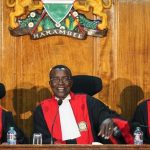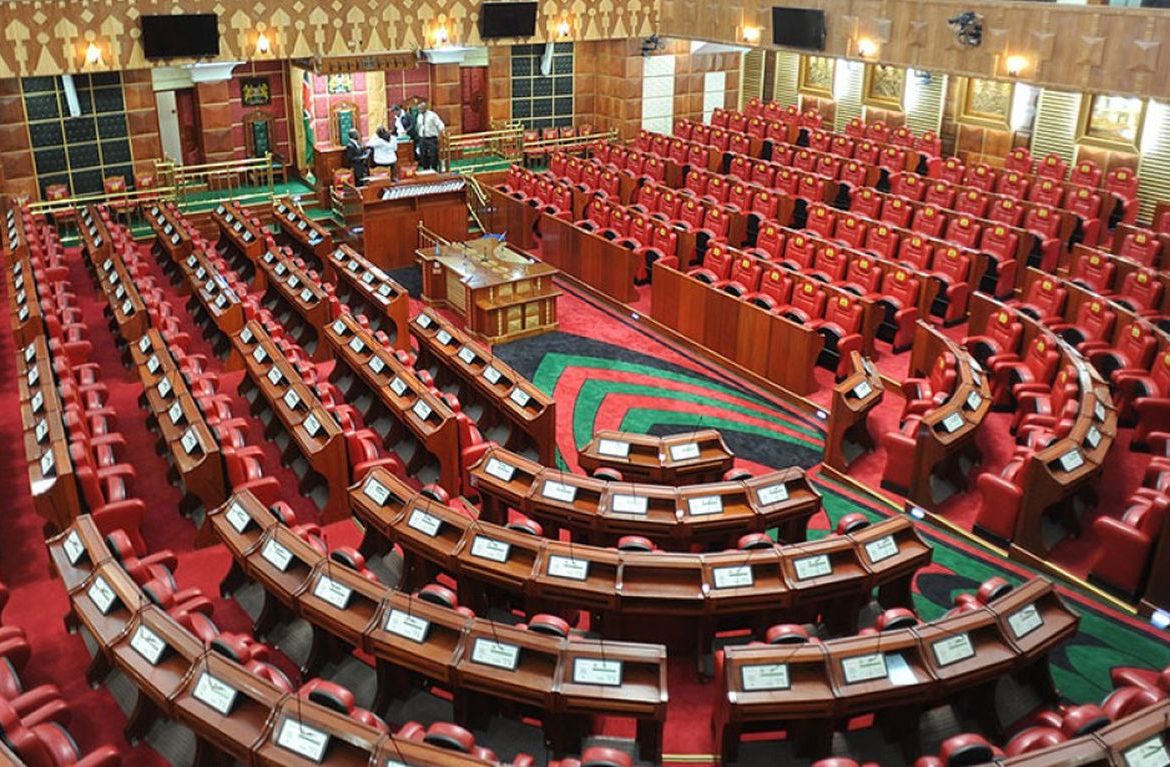The Committee on the powers and privileges of Kenya conducted its first public investigation into possible corruption in the country’s Parliament, allegedly trying to bribe deputies to vote against the “sugar report”.
Some time ago, the joint Committee on trade and agriculture of Kenya raised the issue of possible involvement in the sugar crisis in the country of the Minister of Treasury Henry Rotich, senior officials from the Kenya Bureau of standards (KEBS), the Kenya revenue Authority (KEBS) and others.
According to media reports, a number of Kenyan deputies were offered relatively small amounts of 10 thousand Kenyan shillings to vote against the report prepared by the joint parliamentary Committee, which studied the sugar crisis in the country. Allegedly, parliamentarians wanted to protect high-ranking government officials, which are negatively mentioned in the report: they played an important role in the import of smuggled sugar in the country.
The Committee on the powers and privileges of Kenya held the first hearing, during which it became clear that despite the videos, reports in the media, the deputies could not provide more substantial evidence that would convict the servants of the people of corruption, according to the Kenyan publication Nation.
Nine deputies appeared before the Committee under the chairmanship of speaker Justin Muturi to present evidence that corruption reigned in the corridors of Parliament with the sole purpose – to remove the report.
Failed bribe attempt
The first who appeared before the Committee, was the Deputy Kimilili Ditmas Barasa, who claimed that a female member Fatuma Gedi tried to bribe him. The Deputy claimed that Gedi approached him with an envelope containing 10 thousand shillings, but he refused to accept it. Barasa said that he was with Syrian Deputy John Valuke when Gedi approached him with money in the house, and it was recorded on video surveillance cameras. However, Valuke denied that he was near Barasa in the same place on this fateful day.
10 thousand is too little
Valuke stated that he met Barasa in the corridors of Parliament later, the latter telling him that Gedi was trying to bribe him, and said that the money was too little.
“I asked him what he would do if the amount was higher. He said that if it was 100 thousand Shiling, he could take the money, ” – said Valuke in the Committee.
Another Deputy Jeffrey Odanga said that he was approached by Deputy Kuresha Joseph Tonu at a dinner in a restaurant and offered to pick up 20 thousand Shiling to vote against the report. He told deputies that didn’t take money and instead went to Parliament on debate.

A number of deputies who appeared before the Committee in General went to the “unconscious”, saying that no one bribed them. And parliamentarian Godfrey Osotsi said that he did not believe that the Deputy can be bribed only 10 thousand shillings in the vote on such an important issue.
 info@anticorr.media
info@anticorr.media


